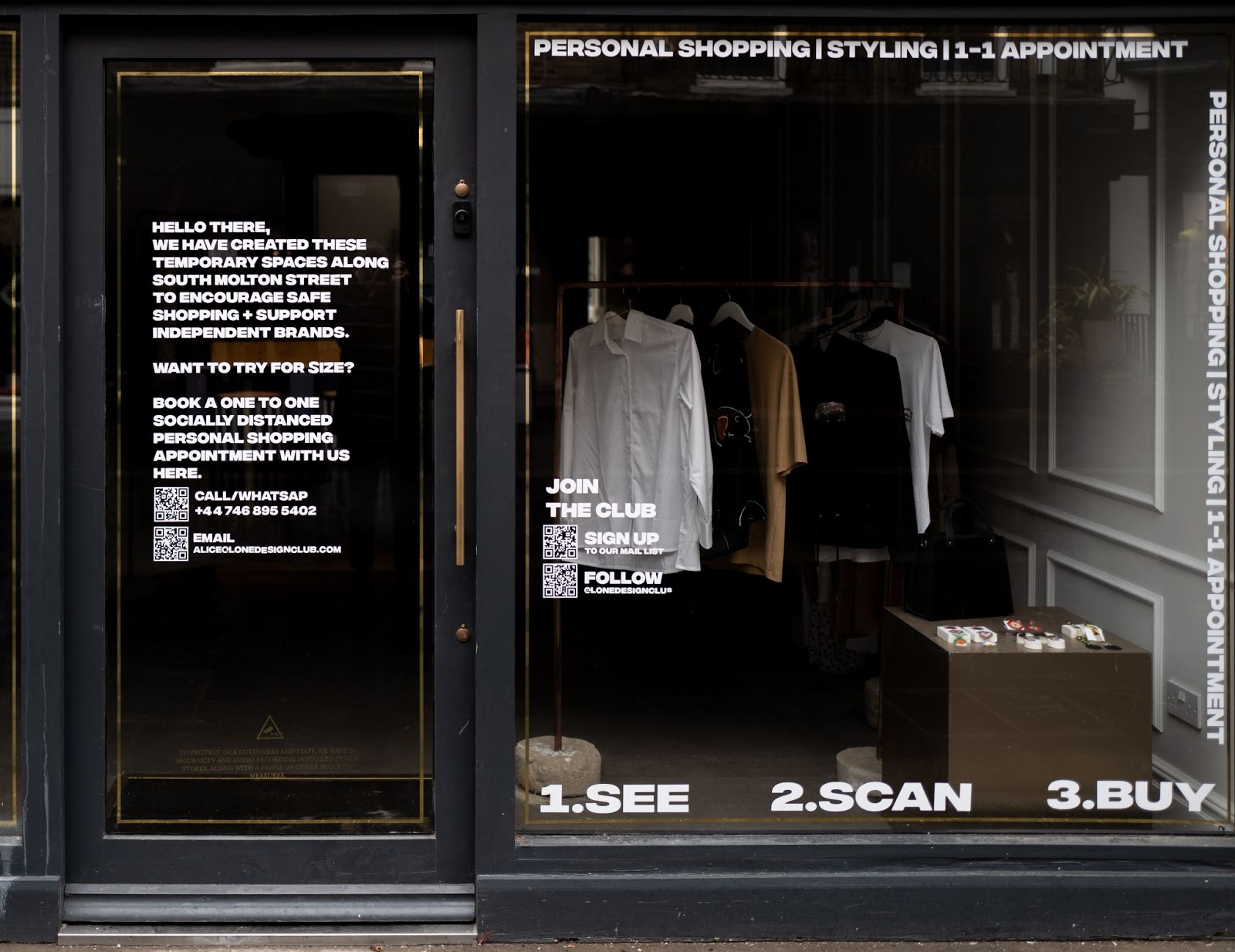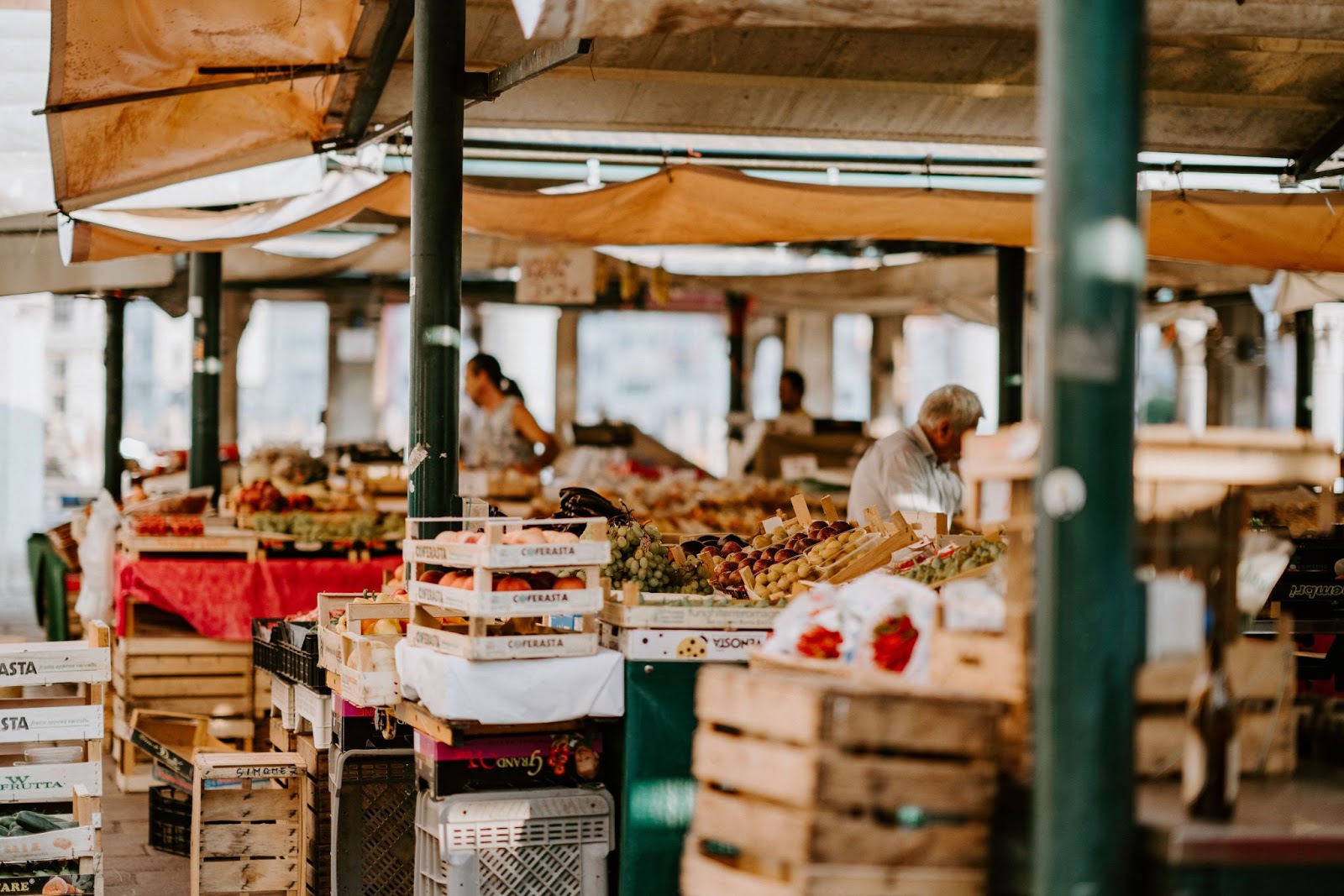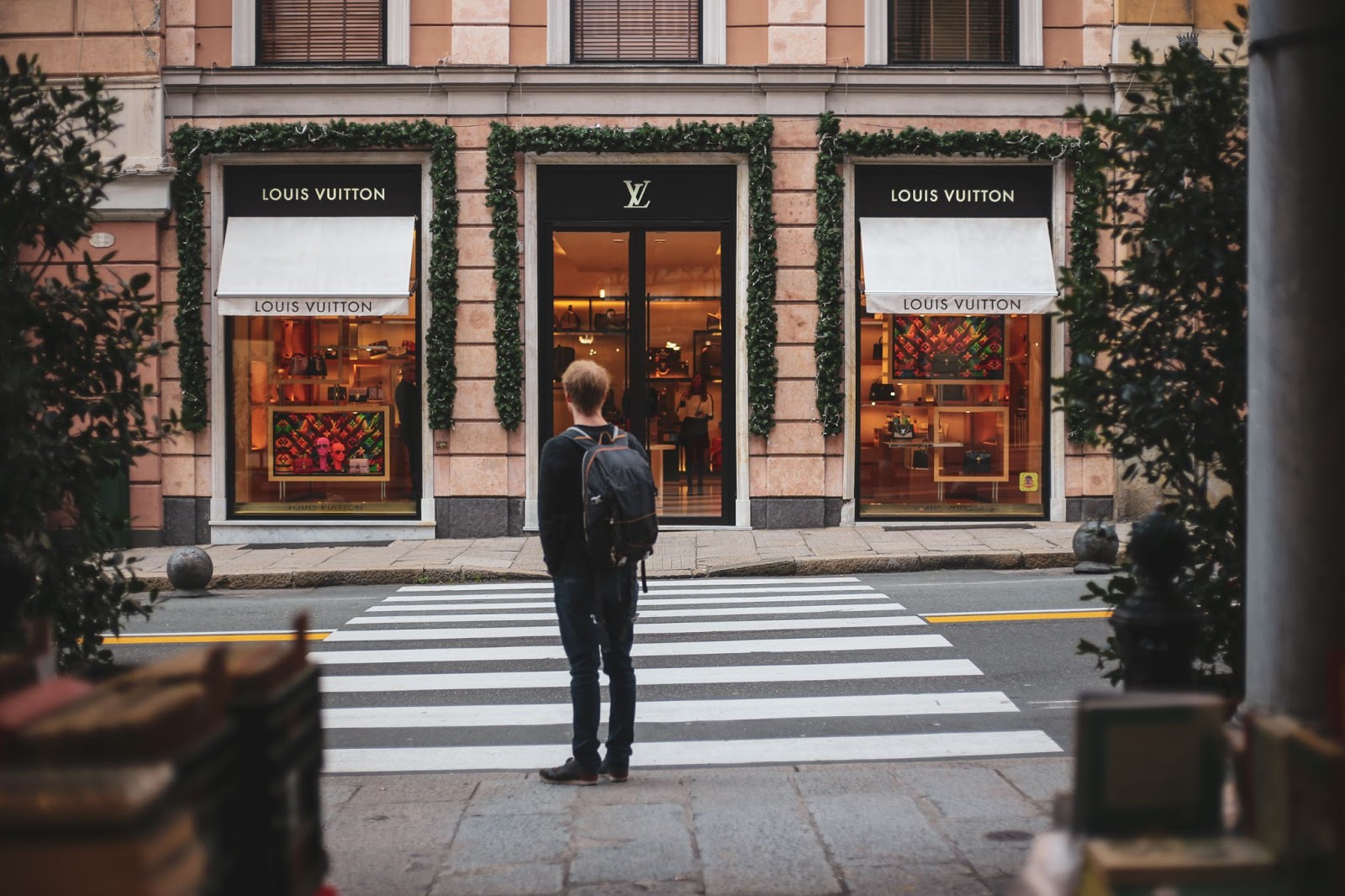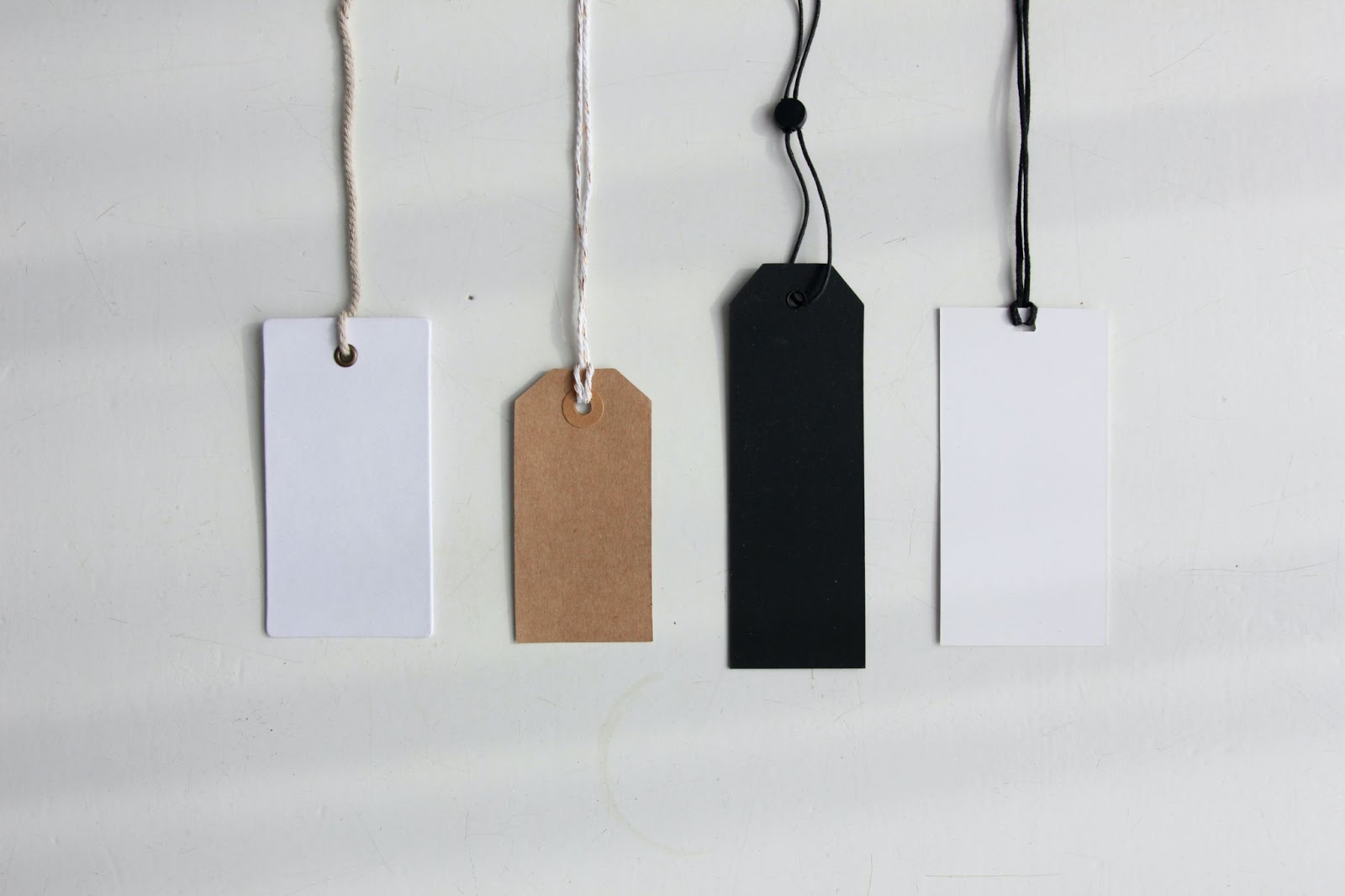From year to year and even more so at the moment, consumer trends are changing. Last year, we saw what consumer behavior was like in 2020. Therefore, we wanted to review this year, in light of the year we have just lived.
SUMMARY
- Digitization
- Security
- Experience
- Expenses
1. Digitization
Already in 2020, we saw that consumers are increasingly using digital processes to make purchases. But this goes without saying in 2021 where digital adoption by consumers has once again accelerated considerably.
Indeed, a study by Tiendo and Nielsen shows that 75% of European consumers have increased the frequency of their online searches.
In addition, 88% of French people use at least one online channel to find out about companies and brands according to the Accenture Strategy study.
Moreover, we can assume that the customer’s web experience is a key axis due to the increase of e-commerce in a broad sense and therefore of online purchases, the increase of purchases as well as the gathering of information via social networks and finally the increase of click and collect purchases.
Consequently, the use of digital channels for consumption is a key element of consumer habits in 2021.

2. Safety
In 2021, consumers were forced to change their shopping habits. Indeed, physical stores were closed for several months and many people were concerned about going shopping for health reasons. Nearing the end of this period, one thing remained: consumers became more cautious.
The marketing research institute C-Ways shows that 53% of French people are more discerning about their spending and want to continue consuming in a more balanced way. McKinsey & Company, on the other hand, conducted a study that proves that 93% of French consumers plan their purchases (a process that goes from the recognition of the need to the search of information phase to the comparison phase in order to make a decision).
Moreover, we can see that the French are more and more sensitive to the idea of buying local products. This trend is a response to the environmental issues that have been raised for several years now. Indeed, consumers want to give meaning to their purchase and be responsible towards global issues.
This trend is proven by the Greenflex barometer which underlines that 91% of the French people questioned think that it is necessary to “relocate part of the production to be more resilient and autonomous”.
Going hand in hand with this notion, we can also point out that consumers have increased their recourse to buying second hand. Indeed, with the rise of apps etc. such as Vinted, garage sales or Facebook Marketplace, consumers are falling out of their habit of throwing away their old products in favor of new ones and thus giving them a new life.

3. Experience
As we have just seen, digitization is now more than ever at the heart of French consumption.
However, Ecommerce Europe and Eurocommerce have published a report saying that 8 out of 10 French consumers have returned to shop in physical stores as soon as they could, and this exclusively for 56% (health) and 54% (food) of the French.
Therefore, we can say that the consumers of 2021 have a cross-channel buying attitude: they research and plan their purchases via digital channels and then buy the selected product at the point of sale.
As a result, consumers are well aware that they are spoilt for choice, and that a personalized and omnichannel experience is essential to convert them from prospects to customers.
To do this, companies can start by collecting data about their potential customers. Then, they can personalize their content in a relevant way: audience-based personalization. Finally, security and trust are very important values for the consumer: it is essential to be transparent with the collection and use of data.

4. Spending
Just as consumers are planning their purchases and buying more responsibly, it seems that they are paying less.
According to the latest study of the E.Leclerc Observatory on new consumption, 57% of French people give more importance to the price of products.
McKinsey & Company have shown that 60% of French people would be interested in trying new brands if they were cheaper.
The health crisis of the coronavirus has greatly impacted the French’s wallet and they are now more cautious about their consumption.

CONCLUSION
To conclude, the year 2021 has seen a considerable change in the consumption habits of the French. Indeed, they are much more digital than before, they pay more attention to what they consume, they are looking for a real shopping experience and they consume less. Therefore, retailers must consider these changes and propose a tailor-made strategy to meet the needs of their consumers.